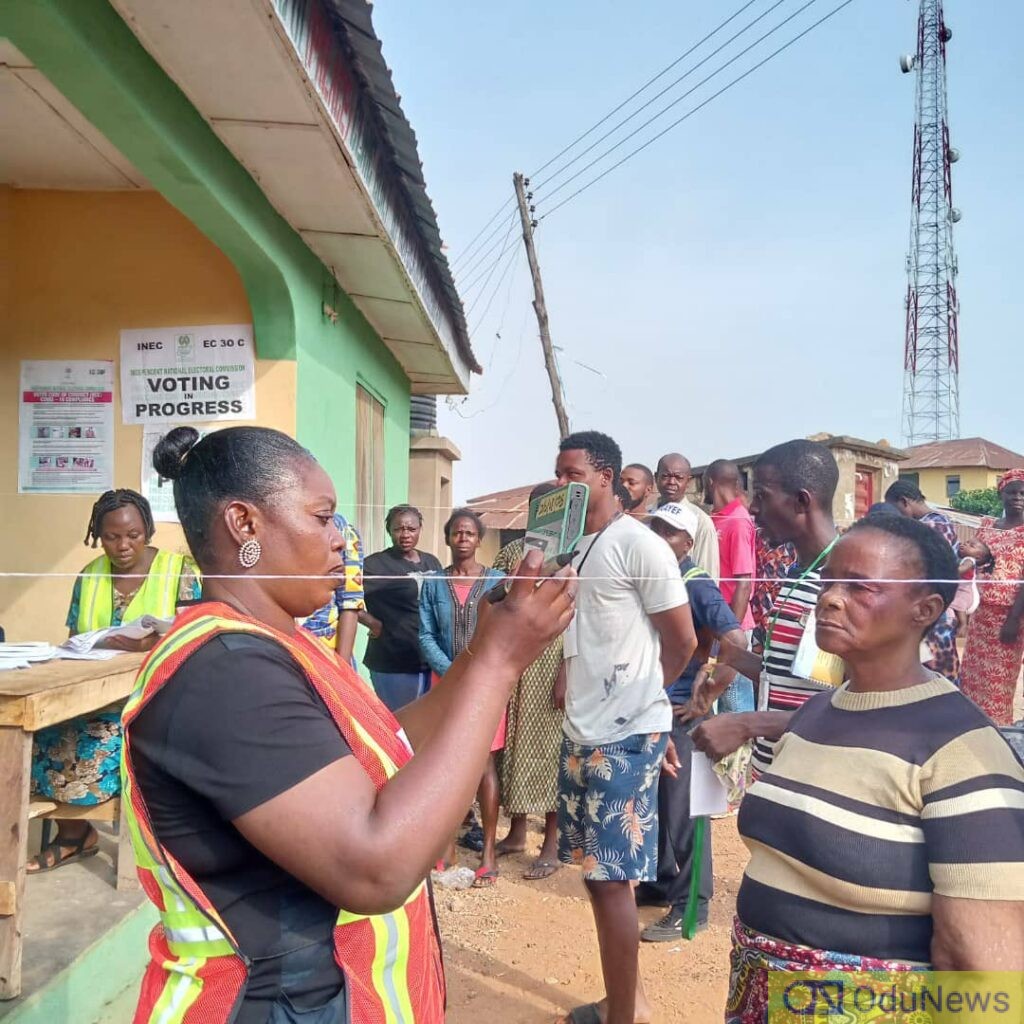As the Edo State 2024 governorship election approaches, the political atmosphere is becoming more charged with intrigue, heightened by the involvement of key figures like President Bola Tinubu. With more than 35,000 police officers and an additional 8,000 security personnel deployed to polling stations, the election has already generated an atmosphere of fear, violence, and international observation.
Governor Godwin Obaseki has voiced concerns over the success of the election, particularly with the potential for unrest, as tensions rise among political gladiators. The Independent National Electoral Commission (INEC) has certified 17 political parties to contest the election, with 16 male and one female candidate vying for the governorship.
Notable Candidates and Backgrounds
Among the contenders are Iyere Kennedy (Accord), a fintech and human rights entrepreneur; Tom Iseghohi (Action Alliance), former general manager of Transcorp; and Udoh Oberaifo (AAC), a business consultant. Other notable candidates include Osarenren Izedonmwen (ADC), an engineer; Kingson Akhimie (ADP) and Senator Monday Okpebholo (APC), both of whom have prior political experience.
Olumide Akpata (Labour), former Nigerian Bar Association (NBA) president, and Key Ndidi Patience (PRP), a health professional and the only female candidate, are also in the race.
Voter Demographics and Statistics
INEC has revealed that 2,629,025 voters are registered for the election, but only 2,249,780 have collected their Permanent Voter Cards (PVCs). The state’s registered voters consist of 1,370,061 males and 1,258,964 females. Youths aged 18 to 35 make up the largest portion of the electorate, totaling 983,133 voters, followed by middle-aged people aged 36 to 49, who account for 914,806 registered voters.
Polling Units and Deployment
The election will take place across 4,978 polling units, with significant increases in certain local government areas to improve voter access. Akoko-Edo now has 240 polling units, while Egor has seen a significant jump from 204 to 436 polling locations. Oredo and Ikpoba-Okha have also expanded, with Oredo increasing from 393 to 619 units, and Ikpoba-Okha more than doubling to 641 units.
INEC has accredited 44,687 polling and collation agents out of the expected 80,410, with the election results to be collated at 211 centres, including 192 ward centres, 18 local government centres, and the State collation centre in Benin City.
Security Concerns and Election Day Guidelines
With tensions high, INEC has advised voters to select polling units near their residences, particularly given the restricted movement on election day. The election’s security framework has raised concerns, particularly as international organizations are set to observe the proceedings amid fears of violence.



Comments are closed.